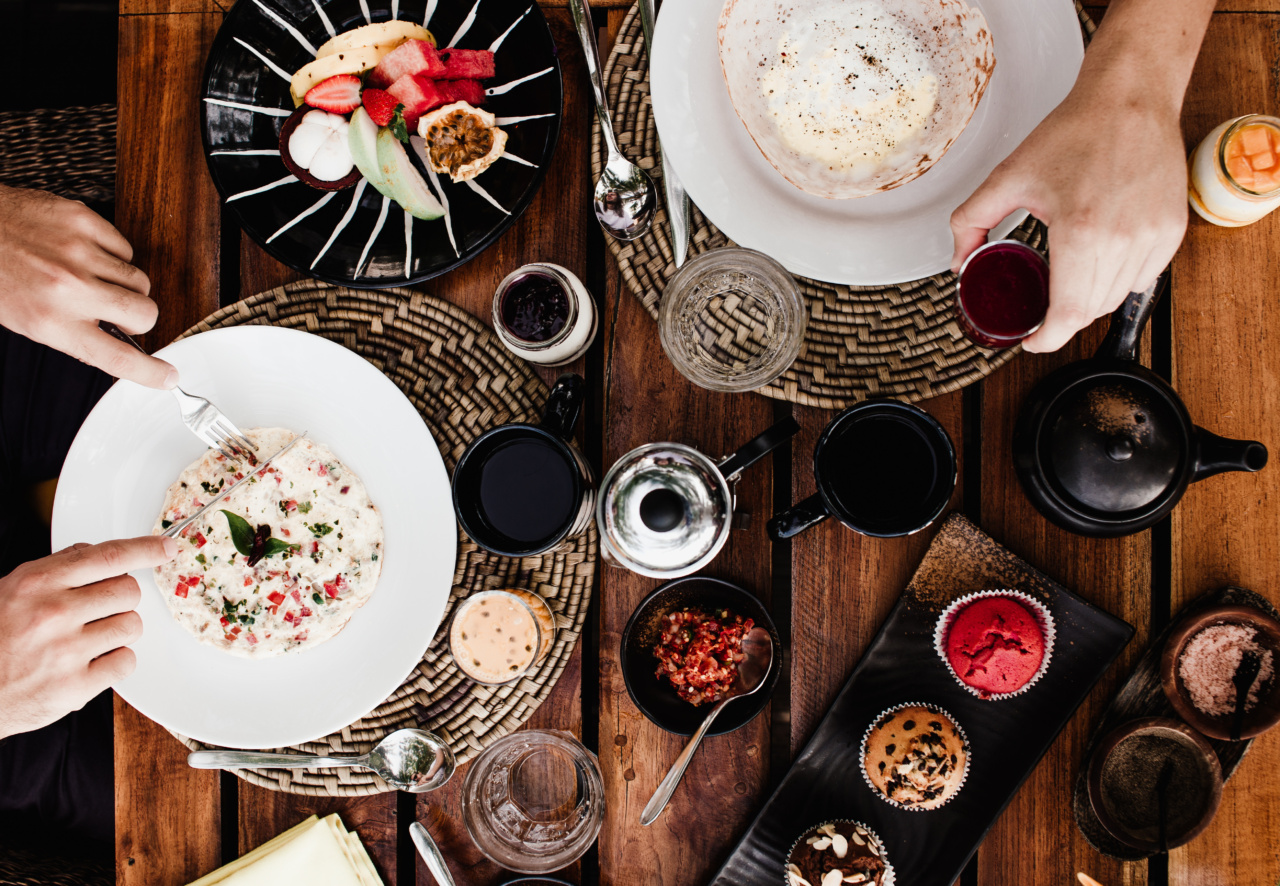Tea is known for its high antioxidant content, which helps in lowering the risk of many diseases. However, certain foods can decrease the antioxidants in tea, and it’s important to be aware of them.
1. Milk
Milk is known to decrease the antioxidant activity of tea. The proteins in milk bind with the antioxidants in tea, making them less available for the body to absorb.
If you are drinking tea for its health benefits, it is best to avoid having it with milk.
2. Sugar
Sugar consumption can also decrease the antioxidant activity of tea. High sugar levels in the blood can lead to the production of free radicals, which scavenge antioxidants in tea and make them less effective.
If you do need to sweeten your tea, try using natural sweeteners such as honey, stevia, or maple syrup rather than refined sugar.
3. Processed foods
Processed foods are generally low in antioxidants and can decrease the effectiveness of tea antioxidants in the body.
The refined carbohydrates present in processed foods can also increase blood sugar levels and lead to free radical production, further reducing the efficacy of tea antioxidants.
4. Fried foods
Fried foods contain trans fats and other harmful substances that can reduce the absorption of tea antioxidants in the body. These fats can also lead to an increase in oxidative stress, which interferes with the effectiveness of tea antioxidants.
5. Alcohol
Excessive alcohol consumption can also decrease the antioxidant activity of tea.
Alcohol can interfere with the absorption of antioxidants in the body and promote the production of harmful chemicals, which can neutralize the effectiveness of tea antioxidants.
6. Smoking
Smoking is known to be harmful to health, and it can also decrease the antioxidant activity of tea. Smoking leads to an increase in oxidative stress in the body, which can interfere with the effectiveness of tea antioxidants.
7. Antibiotics
Antibiotics are commonly prescribed to treat infections, but they can also lower the absorption of antioxidants in the body.
Antibiotics indiscriminately target both harmful and beneficial bacteria in the gut, which can interfere with the absorption of tea antioxidants.
8. Energy drinks
Energy drinks are typically high in sugar and contain caffeine, which can decrease the antioxidant activity of tea. Caffeine can lead to the production of free radicals in the body, which can neutralize the effectiveness of tea antioxidants.
9. Non-organic foods
Non-organic foods are often sprayed with pesticides, which can decrease the antioxidant activity of tea. The harmful chemicals present in these pesticides can interfere with the absorption of tea antioxidants in the body.
10. Low-quality tea
Low-quality tea contains fewer antioxidants, which can make it less effective. Cheap, low-quality tea is often produced using lower-quality leaves and may not have been properly stored, leading to a decrease in its antioxidant content.































